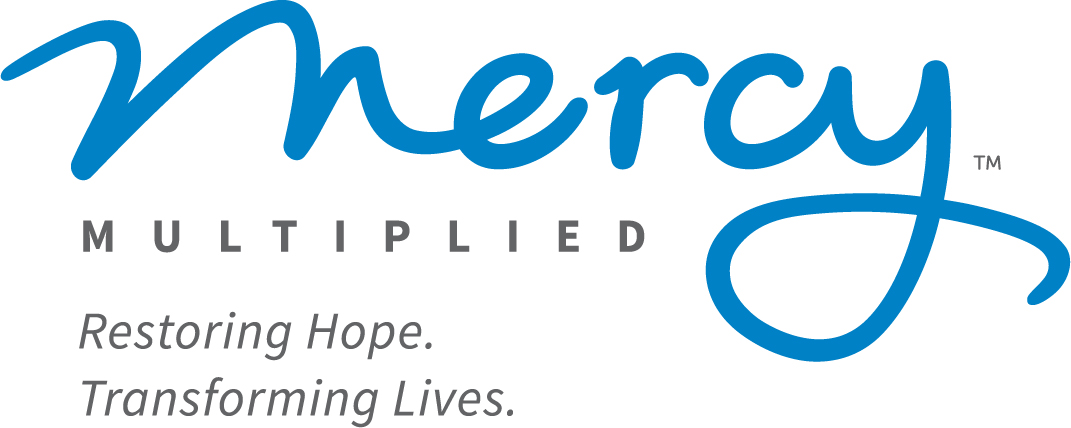When you are helping someone who is struggling, there’s a powerful tool the enemy will use to get you to carry a load you were never meant to carry. It’s a little thing called the “Messiah complex” (or “savior complex”). It’s that compulsion inside of you that wants to save another person…and even thinks that you can.
The Messiah Complex
I can speak from experience in saying that the Messiah complex often comes from a heart of genuine love and care for that person. You want to help them. You want to be a source of hope and healing and wisdom. You want to see their lives restored and transformed. But as our enemy does, he takes good intentions and good desires and twists them into something that will destroy us if we’re not aware. We begin to believe the lie that another person’s freedom is somehow on us.
Let me ask you a related question: What happens inside of you when someone says, “You’re the only person I can trust.”? I hope it sends off major alarms inside of you! But unfortunately, many of us have heard those words and thought, “Man…I’m the only trustworthy person they have ever met?. I must be really good at loving people.” Those words can make us feel good. But they are dangerous words. You cannot be the only person that another person trusts. That is NOT.HEALTHY. And it’s a breeding ground for codependency, exhaustion, and burnout.
You should never…EVER…be the only person supporting someone who is struggling.
Their healing and freedom aren’t your responsibility. They aren’t yours to bear on your own.
Coordinated Care
At our MPower workshops, we greatly encourage people to establish COORDINATED CARE for those they are helping and supporting. It should be a team effort. It should never just be you. It doesn’t mean there needs to be a village of 20 people, but there needs to be at least three or four people helping and supporting someone walking through a healing journey.
Having coordinated care does so many things…
- It naturally lightens the load. As others come alongside and support the struggling person, you won’t feel that heavy burden that you might be tempted to carry.
- It promotes accountability. It’s important for the people you’re helping to know that those who are supporting them are all aware of one another and are in communication with one another.
- It prevents codependency (an excessive emotional or psychological reliance) between you and the person you’re helping.
- And my favorite thing that coordinated care does: It allows you to turn off your phone while you’re at dinner with your friends, on a date with your spouse, or tucking your kids in at night. Hopefully, you have already set that boundary, but when you’re the only person supporting someone, it’s hard not to feel like you need to be available 24/7…“just in case.” When there’s coordinated care, you know that even if somebody has a crisis moment, they’ve got multiple people they can call.
Lead Them to Him
Of course, the most important thing to remember is that as amazing as you and your coordinated care team might be, you are not Jesus. You are not their Savior. There is only one of those, and He’s doing just fine. HE is the one who does the heavy lifting! So stay in your lane. You’re called to shepherd, lead people to the Healer, and teach them how to hear from Him and receive His revelation. When you do that, you can put your head on the pillow every night knowing that no matter how it turns out for the person you’re helping, you did your part.
Rest well, friend.
Learn more about this topic and other ways to help someone you love who is hurting while keeping yourself whole in the process at MPower! Click here to learn more and register for one of our upcoming workshops.
Mercy Multiplied exists to provide opportunities for all to experience God’s unconditional love, forgiveness, and life-transforming power. We offer multiple programs and resources online and onsite designed to equip people to live free and stay free in Christ. For more information about the services we offer, click here.
Want more resources? Check out our MercyTalk podcast episode “Steps to Finding the Right Counselor”. For daily inspiration, follow us @MercyMultiplied on Facebook, Instagram, and Twitter!

